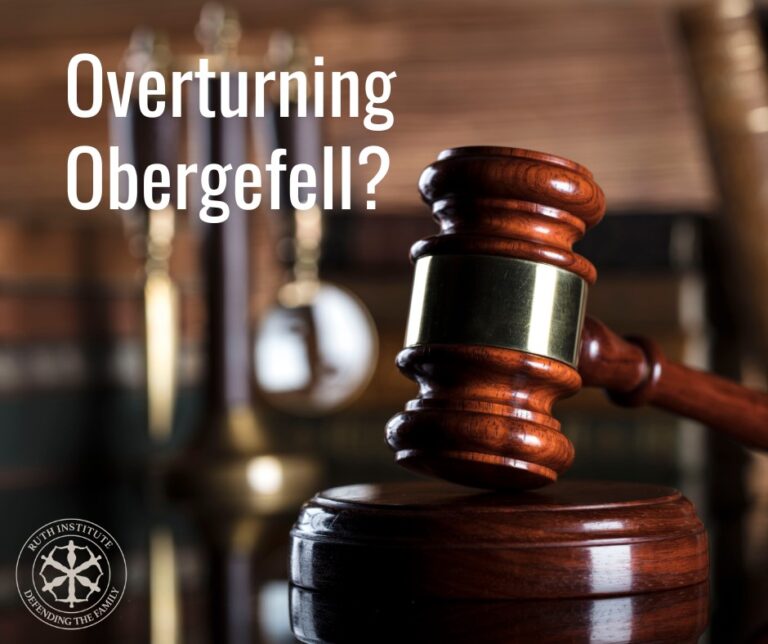What is surrogacy and why you should oppose it
While most people have a cursory understanding of surrogacy, most haven’t thought through its implications. What is surrogacy? Broadly speaking, it is
a situation where a woman agrees to carry a child to term for another person, or couple. Gestational surrogacy is when the mother that carries the
baby is not biologically related to the baby. It usually starts with in-vitro fertilization, a donor’s eggs are harvested, fertilized outside the body,
and a tiny human being comes into existence.
For the pro-life individual it doesn’t seem bad thing, it means more babies going to more homes. For the progressive, it seems ok because people to fulfill
their reproductive goals. The larger implications, however, should cause everyone to pause. Surrogacy is a market for humans, exploits women and children,
and gives the surrogate mother fewer protections than adoption.
Buying and selling humans generally has the connotation of slavery, and isn’t often associated with smiling birth-mothers, and crying recipients. On
the other hand, the surrogacy industry is estimated to be worth $30 billion worldwide. Local surrogacy centers pay up to $55,000 to qualifying surrogate mothers. The cost of surrogacy for the “commissioning parents” ranges from $90,000 to over $130,000. Any time we buy and sell some good or service, that’s a market.
The difference in economic situations between the surrogates and the commissioning parents unfortunately leads to economic exploitation, even within
the United States. There isn’t a lot of law or regulation governing the surrogacy industry. 31 states have no regulations regarding surrogacy, and a lot of surrogacy interactions are governed by contracts, many of which provide for custom-made babies.
These contracts also place the surrogate mothers in an exploitable position.
To remedy this, Sweden has banned all surrogacy.
Surrogate mothers have fewer rights than adoptive parents. There are too many horror stories to share
here, regarding the commissioning parents mistreatment or abuse the surrogate mothers before the baby is born. And no matter what behavior the commissioning parent engages in, from the moment the baby is born, the surrogate mother generally has to relinquish the child. Even mothers who place their baby for adoption can choose to keep her after she is born.
We justify poorer treatment of surrogate mothers, ostensibly, because they are paid. Surrogacy contracts place the reproductive capacity, choices,
and body of a poor woman, outside of her control, and into the hands of wealthier, more powerful people. This arrangement seems to stand at odds
with the concept, beloved of the Sexual State,
that a woman has a moral right to decide what to do with her own body. If a woman has a right to decide what to do with her body, can a few slips
of paper place someone else in control of her reproductive choices and health?
Surrogacy created humans, also known as embryos, usually are treated as less than second-class citizens. Doctors often implant multiple eggs, hoping for
some to survive. In the event that multiple do survive, the surrogate can be contractually required to abort some of the babies via “selective reduction.”
In the case that additional embryos are created and not implanted, they face an indefinite freeze, are donated to science, or are destroyed immediately.
When the children are born, sometimes the “commissioning parents” will refuse to take disabled children.
This isn’t an abstract issue either. Senator Tammy Duckworth recently criticized Judge Amy Coney Barrett’s stance on aborting fertilized eggs.
Senator Duckworth said, “She supports groups like the St. Joseph County Right to Life, which says they support the criminalization of IVF procedures
that would result in the destruction of fertilized eggs… In my case, with both of my girls, they looked at two or three fertilized eggs, not
even embryos at this point, and said, you know, this one isn’t very viable.” The third egg was “discarded.” It is inhumanly callous to treat a human,
no matter how small, as an inconvenience to be discarded.
Additionally, the legal status of the child is thrown into limbo. Surrogacy may involve as many as five separate individuals: the egg donor, the sperm
donor, the gestational carrier, and the two commissioning parents. With all these participants involved with the creation of a baby, sorting out who
has parental rights becomes a terrible tangle.
Owning, controlling, and selling humans debased the “owners” and dehumanized the men and women who were enslaved. Even though slavery and the slave trade
were banned over 150 years ago, we are still dealing with the repercussions. We ought to ask ourselves if we should engage in another market for human
beings. This surrogacy market that not only allows for the selling of humans, but economically exploits the mothers, and cuts the baby’s biological
ties to the woman who carried her.



